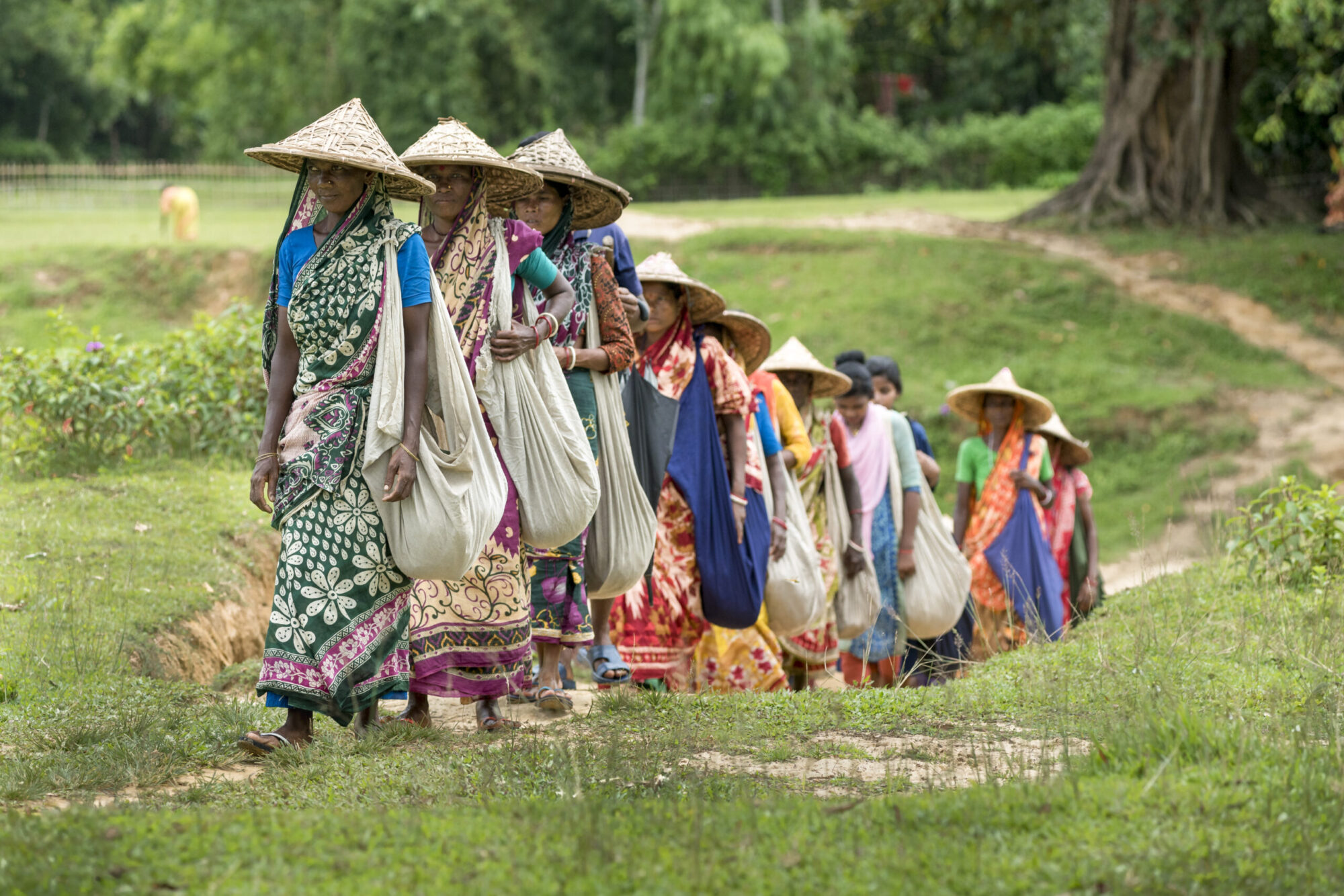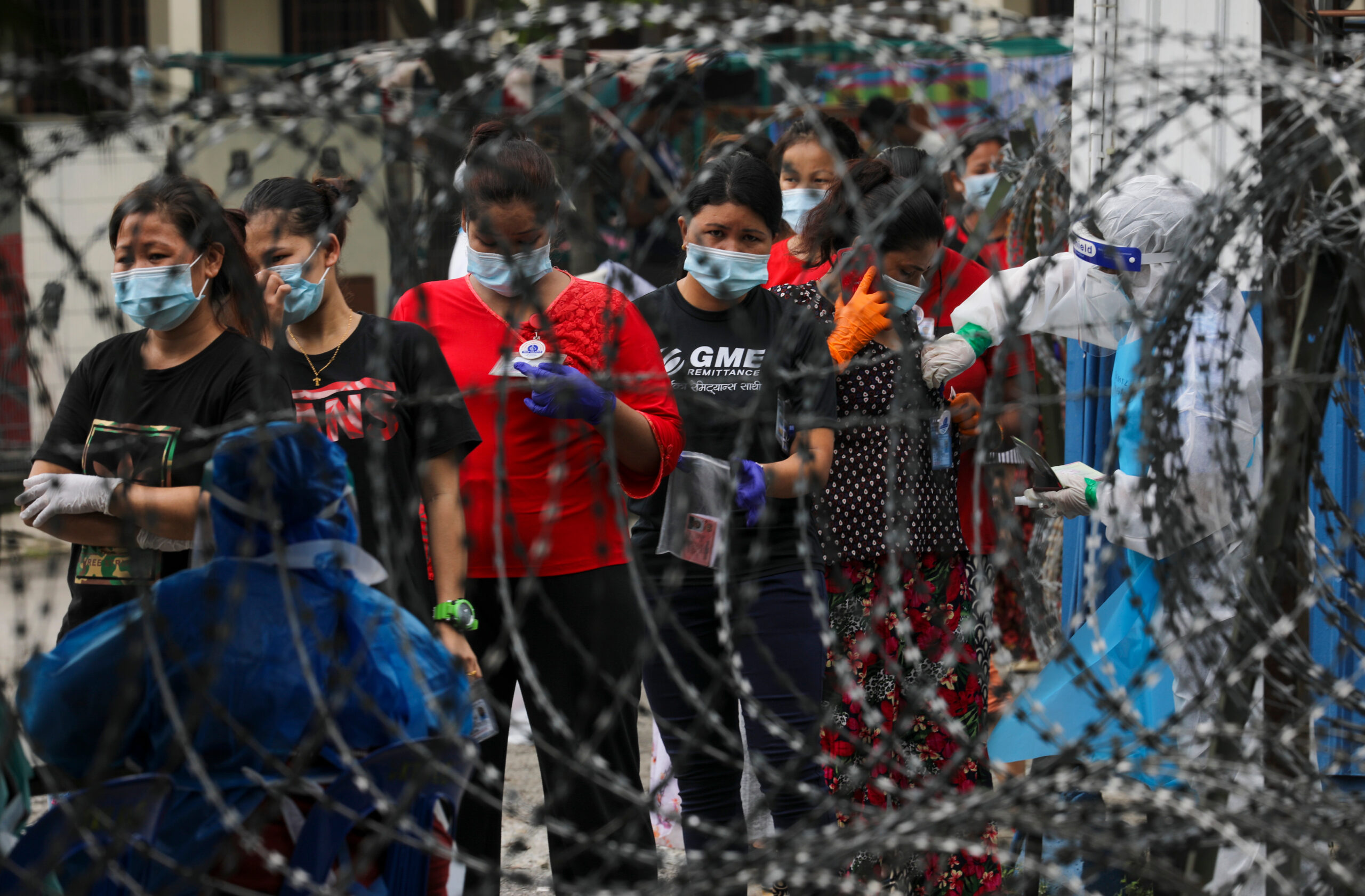Publications
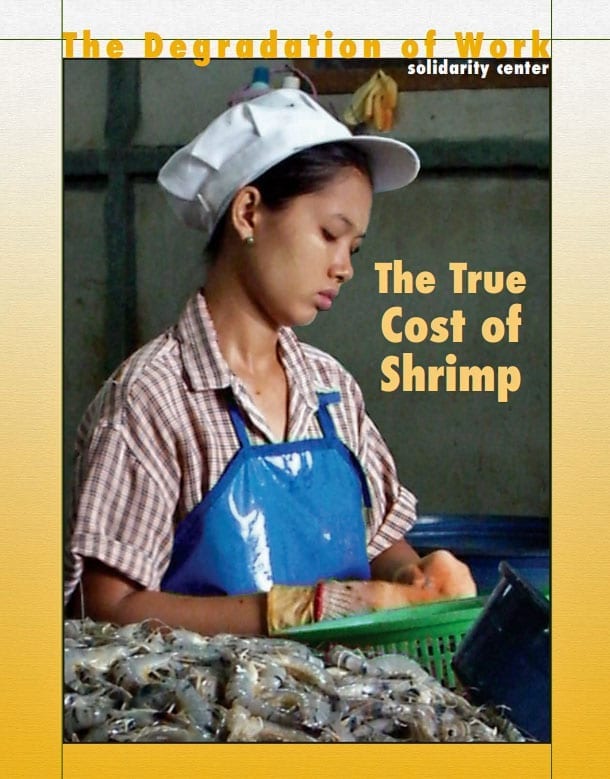
The True Cost of Shrimp (2008)
In little more than 30 years, the shrimp industry has been revolutionized through an unprecedented increase in efficient production, resulting in tremendous profitability for producers. But the “shrimp boom” is sustained through a staggering, largely hidden, cost to workers, their families and the environment.

The Struggle for Worker Rights in Guatemala (2008)
Guatemala’s laws include unreasonable restrictions and requirements on union membership and the right to strike. Women workers are usually paid less than their male counterparts for work of equal value. Indigenous workers and rural workers, with few legal rights, are particular targets of discrimination. Guatemala’s migrant workers—both internal migrants and workers who migrate to work in other countries—suffer some of the worst abuses. Despite these discouraging conditions, Guatemalan workers and their unions are determined to establish justice at the workplace and in their country.
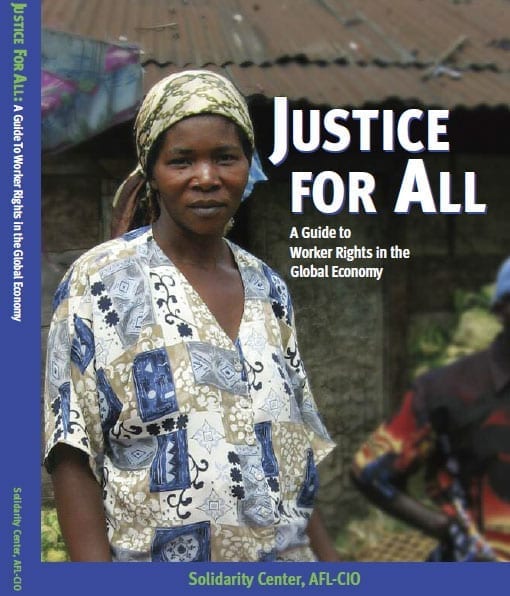
Justice for All (2008)
“Justice for All” examines the effects of global economic integration in the late 20th century on worker rights, including the growth of the informal economy and migration and human labor trafficking, and looks at how government, corporations and unions can help resolve the global crisis in jobs and working conditions.
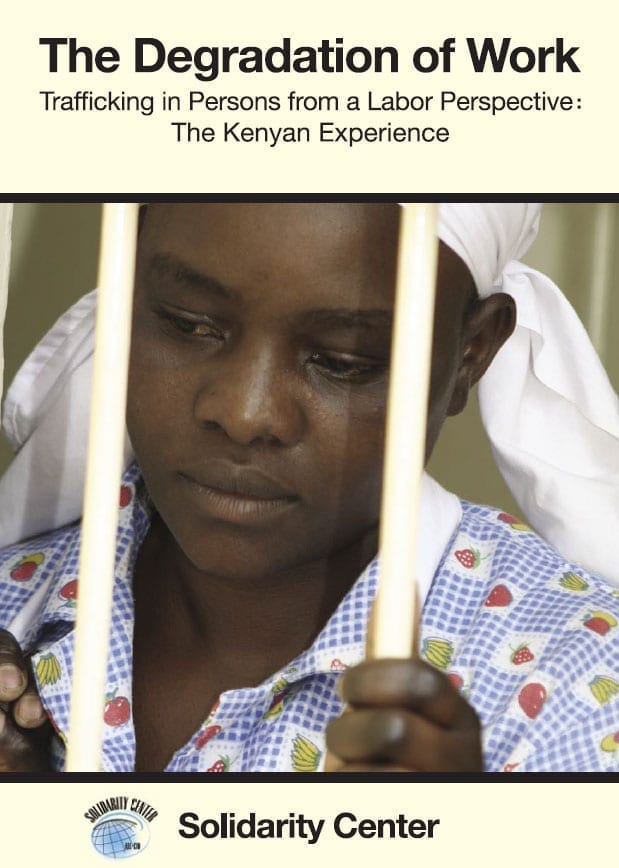
Trafficking in Persons from a Labor Perspective: The Kenyan Experience (2007)
Trafficking in Persons from a Labor Perspective: The Kenyan Experience provides readers with a general overview of human trafficking in persons from a labor perspective, with a focus on universal and global themes as illustrated by the experiences in Kenya. The country is a source, transit and destination for women, men and children trafficked for forced labor and commercial sexual exploitation.
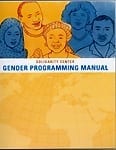
Solidarity Center Gender Programming Manual (2006)
This 70-page handbook incorporates staff insights and experiences into checklists and tools needed to develop programs that redress gender inequity in the workplace, promote leadership roles for women, and move closer to achieving full worker rights.
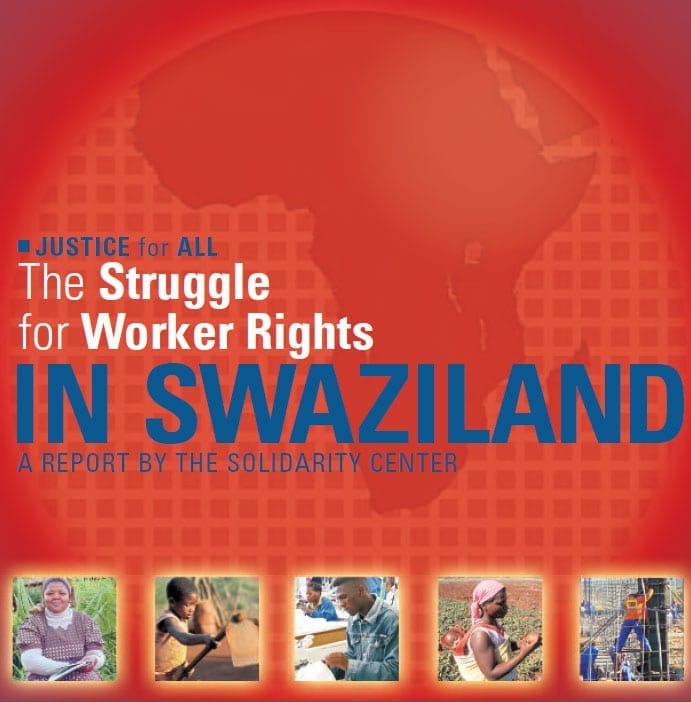
The Struggle for Worker Rights in Swaziland (2006)
Swazi workers face many challenges, especially women workers, who have a low status in Swazi society and make up a large percentage of the workforce, yet endure discrimination and workplace sexual harassment and violence. Improvements at the workplace cannot be secured until, as the report notes, the Swazi government engages in full democratic reform that allows Swaziland’s people to govern themselves and to exercise their rights to make economic, political and social decisions that affect their lives.
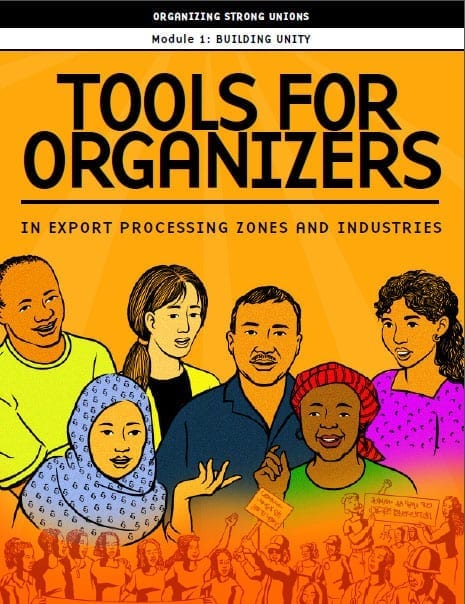
Tools for Organizers in Export Processing Zones and Industries
Building worker power is fundamental to achieving worker rights, and organizing strong unions is fundamental to achieving worker power–and this hands-on guide gives trainers the tools they need to build unity and ultimately, change the rules of the game.

The Struggle for Worker Rights in Colombia (2006)
Colombian trade unionists face daily threats of violence and assassination, attempts by employers, paramilitaries, guerrillas and the state to stop dissent, silence workers and destroy the only mechanism that gives workers some control over their economic lives: their union. Yet the Colombian labor movement has faced all these challenges by building a broad leadership base with deep rank-and-file roots.
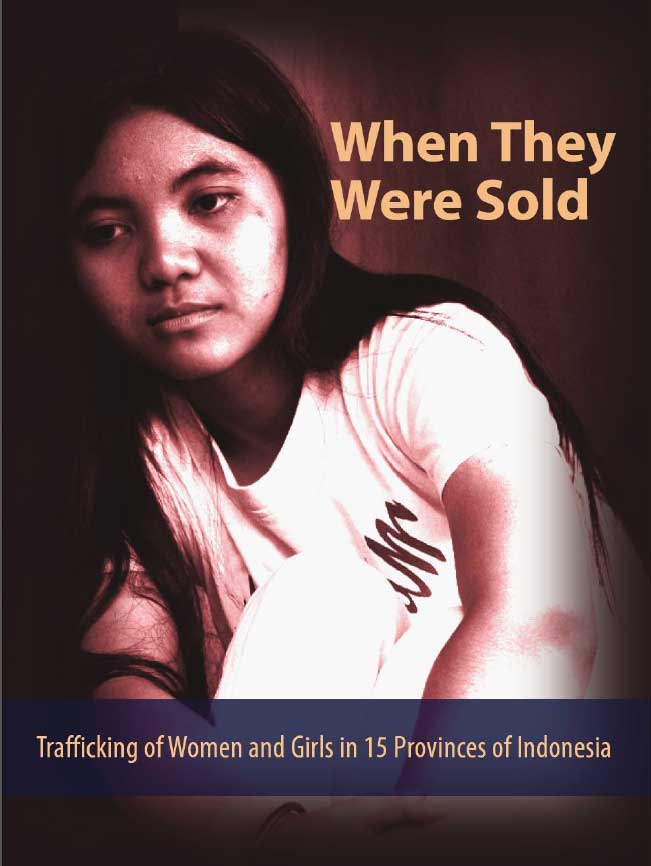
When They Were Sold: Trafficking of Women and Girls in 15 Provinces of Indonesia (2006)
The report looks at Indonesia’s migrant worker system, which is under intense scrutiny over allegations of contributing to debt bondage and trafficking of migrant workers. It also examines efforts of government and non-government organizations to combat trafficking, and the effectiveness of legislation to combat trafficking, enacted during the last three years.
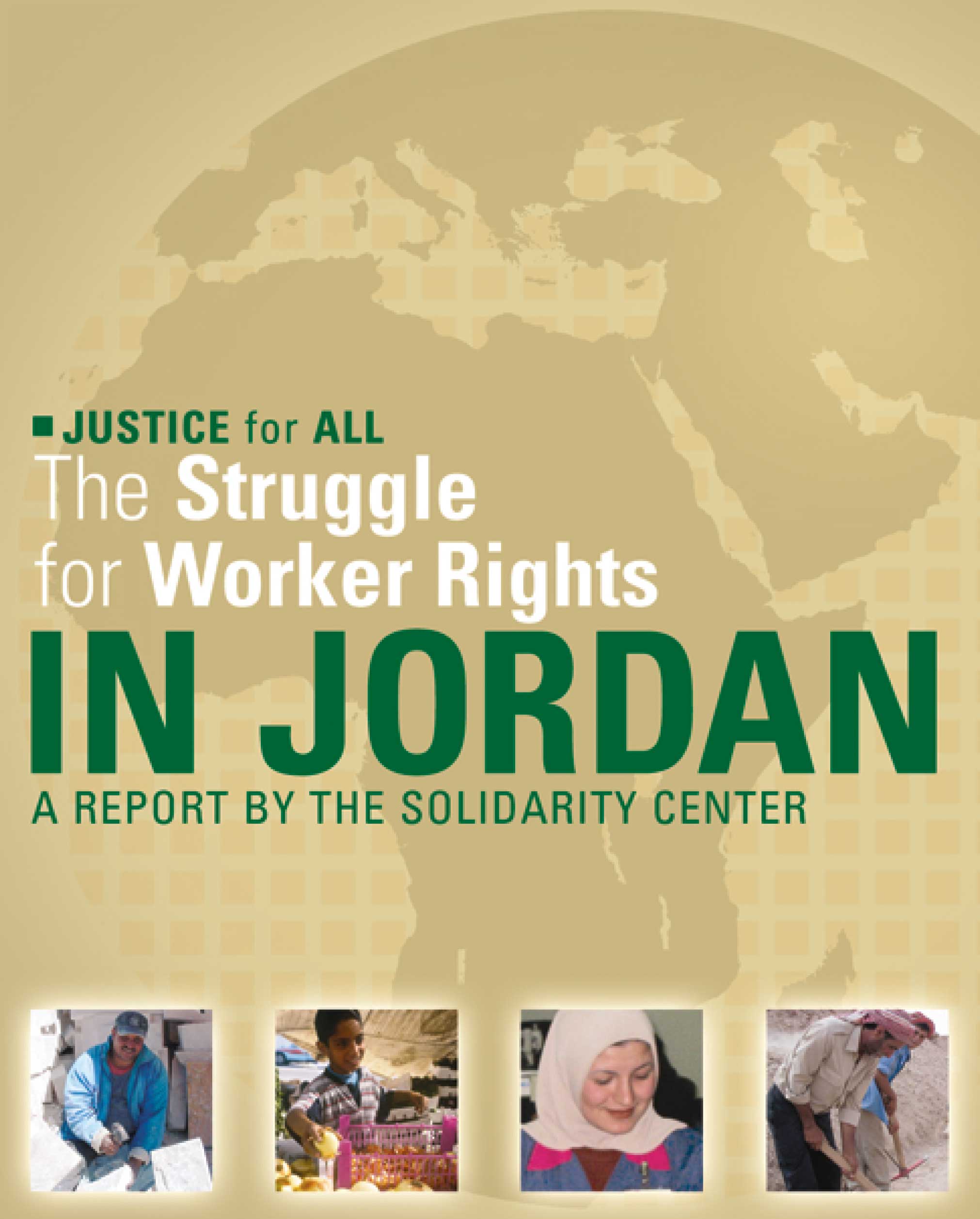
The Struggle for Worker Rights in Jordan (2005)
“The Struggle for Worker Rights in Jordan” lays out steps the Jordanian government, Jordanian unions, multinational enterprises and actors on the international stage can take to ensure respect for and enforcement of worker rights in Jordan. By following this path, Jordan can give working people a chance to share in the prosperity they are helping to create.

